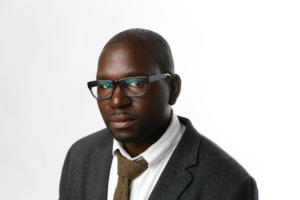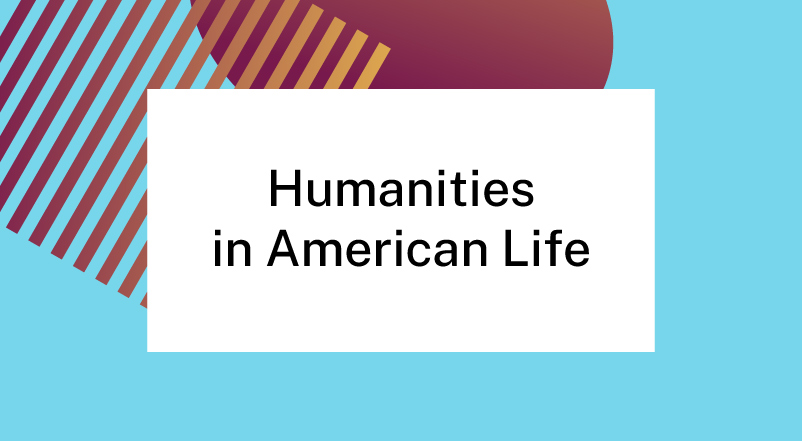This post is part of “Humanities in American Life,” an initiative to increase awareness of the importance and use of the humanities in everyday American life.
Democracy as a Way of Living: Jamelle Bouie with Oregon Humanities
by Sydney Boyd, project manager, Humanities in American Life
 A week before election day on October 27, Oregon Humanities Executive Director Adam Davis sat down on Zoom with Jamelle Bouie, a columnist for the New York Times, to talk about democracy, politics, culture, and ultimately, what voting means for any individual citizen. Their conversation (which you can watch here in recorded form) is part of the new “Why it Matters: Civic and Electoral Participation Initiative,” administered by the Federation of State Humanities Councils and funded by the Andrew W. Mellon Foundation.
A week before election day on October 27, Oregon Humanities Executive Director Adam Davis sat down on Zoom with Jamelle Bouie, a columnist for the New York Times, to talk about democracy, politics, culture, and ultimately, what voting means for any individual citizen. Their conversation (which you can watch here in recorded form) is part of the new “Why it Matters: Civic and Electoral Participation Initiative,” administered by the Federation of State Humanities Councils and funded by the Andrew W. Mellon Foundation.
“I think the reason people are motivated [to vote]…is less because they think their individual vote is going to be decisive and more because voting, casting a ballot, is sort of part of a set of things you do as part of a community,” Bouie told Davis. “This is civic participation, it is a collective endeavor that we all do to sort of signal to each other our investment in this idea of self-government and this idea of choosing our leaders.”
Bouie gave the example of how anyone existing right now can’t turn on a TV or log onto the internet without seeing people urging each other to vote, talking about voting, and saying that they voted. This web of connections to one another, Bouie explained, gives people a reason to vote, and people who choose not to vote do so because they feel disconnected from this sense of community and the civic event itself. And within the community of voters, Bouie sees two kinds of engagement—good and bad.
“The good kind of engagement [is] where people are going out to vote and participating in the political process because they feel like they have a sense of efficacy…they want to wear the button on their shirt and signal to everyone around them that they did this thing, and they’re doing it out of a sense of commitment to kind of the shared project of governing ourselves,” Bouie told Davis. “And then there’s the kind of…bad kind of participation where you’re voting really to stave off a very awful outcome…You have to participate, lest something awful happens.”
On one hand, Bouie explained, it’s good to see people get out to vote no matter what their reasons, but on the other, that mood—the one Bouie outlined as “bad”—can be corrosive. It doesn’t feel joyous, or even like an obligation; instead, it’s an impulse that comes out of a sense of survival, Bouie said.
From yard signs and attending rallies to voting age and increasingly engaged teenagers across the nation, Davis and Bouie explored the ways people show up to engage in democracy and how those variously reflect a sense of membership in a community and especially of recognition.
Coming to the end of their discussion, Bouie gestured to philosopher John Dewey’s formulation on democracy and aristocracy, which Bouie summarized as, “Democracy is a recognition that within every single individual is basically the potential to be a fully realized human being, and that we should think of democracy…as a way of living…a way of existing in the world and a way of relating to each other, based around common equality, based around our common potential.”



